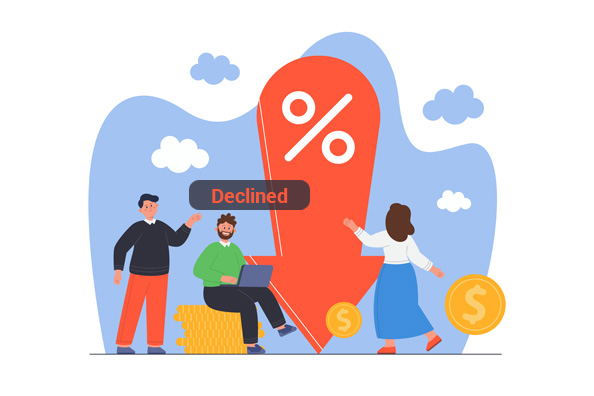
“Explore the complete guide to sell your house in France”
Selling a house is one of the major decisions to make considering finances, legalities, taxes, and fees involved in house selling. In France, a seller needs certain types of documentation and certificates to present a house for sale in the market. Understanding the taxes, fees, and legalities is also essential to selling a property smoothly. In this blog post, we will share information about the process of selling a house in France and details about compulsory property surveys. Continue reading.
Sell House in France: A Step-by-Step Guide
The real estate market in France is stable and witnessing a growth in demand from national and international buyers. Sellers can attract potential and gain desired profits from the house sales. Let’s dive straight into the selling process.
1. Select the Marketplace
Selecting a marketplace to sell a house in France is the first step that a seller needs to take. Engaging a real estate agent is not obligatory in France, sellers can initiate the selling process themselves. You can explore real estate marketplaces for listing your houses. Creating an online listing potentially saves money as you don’t have to pay commissions to real estate agents. Therefore, selecting a real estate marketplace to create an online listing is suggested to sell a house in France.2. Compulsory Property Surveys
A property survey is one of the most essential steps in selling a residential property in France. As a seller, you must carry out various surveys to get the important certificates essential for selling a house. Surveys must be carried out before finalising the deal. However, you need an energy efficiency survey report even before you market your property for sale. Property surveys for selling a house in France are known as “Dossier de Diagnostic Technique (DDT)” and these surveys include different reports such as:
- Lead and asbestos information report
- Gas installations and electrical wiring report
- Septic tanks report (if applicable)
- Energy efficiency survey report
- Termites report
- Natural or industrial risks report
3. Market Your Property
Once you decide on the marketplace and receive survey reports, it’s time to market your house for sale. You can create an online listing for stress-free marketing and attract potential buyers easily. Estate Agent Power empowers you to create a free listing for your houses and reach a global pool of buyers. With innovative listing methods, the real estate marketplace helps you to market your house in better ways. From describing your property, and adding photos, to offering 3D video tours, the real estate platform ensures the best advertising.
4. Appoint a Notary
Engaging with a notary also called a “notaire” in French is a legal obligation to sell a house in France. Notary officers act like conveyancing solicitors and ensure that the selling process is done as per the law. In France, a Notary is a state-appointed officer who acts for both buyer and seller. The seller or a buyer can hire a solicitor for their guidance but the notary will remain there to witness all the process as per the law.
5. Sign the Final Purchase Document
Once you have the buyer for the house and reach an agreed deal, the notary office will draw an agreement to purchase. At the time of the initial agreement, the buyer will pay a deposit of 10% of the sale price. The deposit will be held by the notary office until the final agreement is signed. Once all formalities are done, you can close the deal by signing a final purchase document called “Acte de Vente” in French. The signing will be done at the notary’s office.
What are the Fees and Taxes for Selling a House in France?
Capital gains tax and DDT cost are the two main costs involved in selling a real estate property in France. Sellers in France have to pay the capital gains tax at the rate of 19%. The tax is levied on the profitable amount only gained from a house sale. The notary fees are usually paid by a buyer and sellers are exempted from this selling cost.
To sum up, the house-selling process in France involves various stages. The process starts from deciding on a marketplace, getting survey reports, and marketing to handling legalities. Understanding the cost of selling is also essential to make profitable deals when selling a house. Listing your home on a real estate platform is one of the main factors for efficient marketing and reaching potential buyers. Estate Agent Power is a reliable place to create an online listing to sell a house in France.








